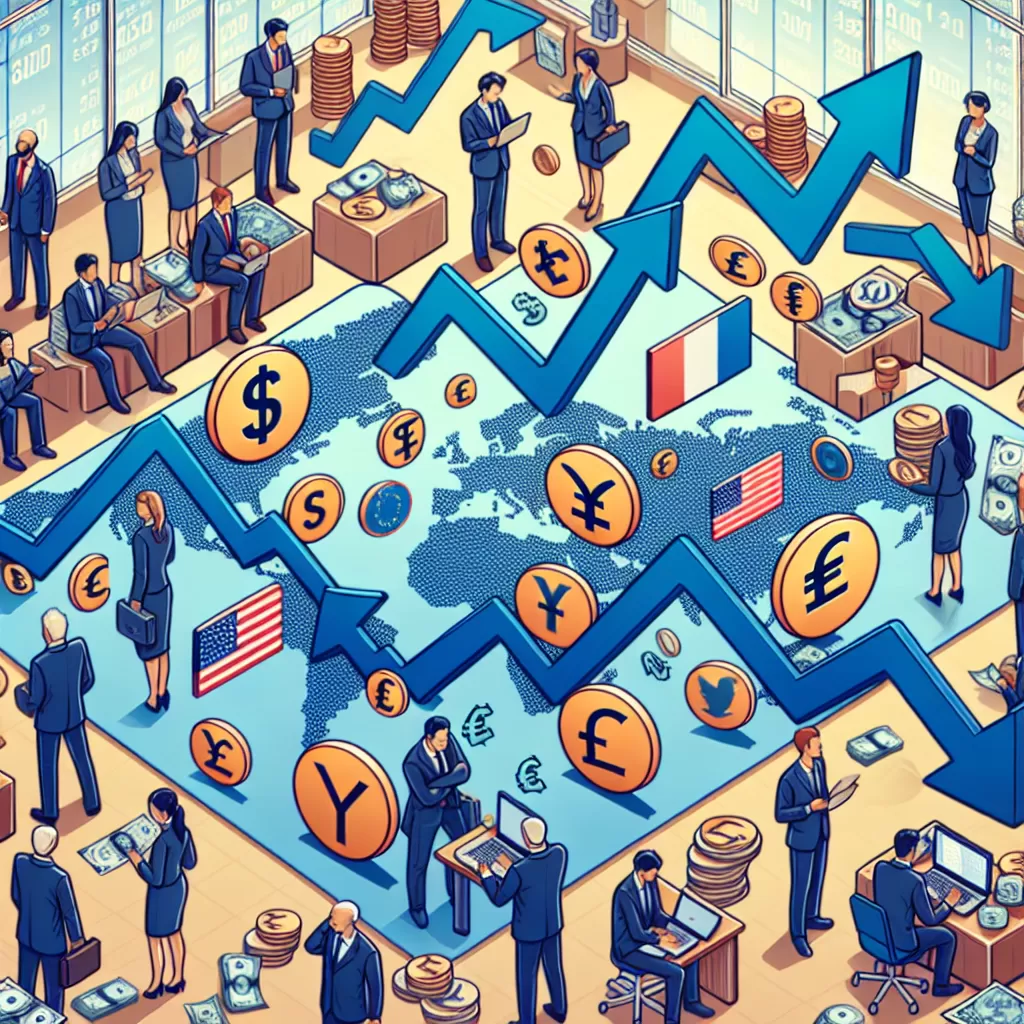What Are The Currency Exchange Rates
Follow Currency Mart April 10, 2024
Where to purchase Foreign Currencies?

Understanding Currency Exchange Rates
Currency exchange rates represent the comparison or ratio between two countries' currencies. They depict the value of one country's currency concerning the other, enabling international trade and economic evaluation. These rates fluctuate frequently due to factors like interest rates, economic health, geopolitical stability, and investor sentiment. For instance, $1 Canadian Dollar, depending upon the exchange rate at that time, might be equal to 0.75 US dollars.Factors Influencing Currency Exchange Rates
Several factors contribute to the constant fluctuation of currency exchange rates, including: 1. Economic Factors: These include variables such as government debt, budget deficits or surpluses, trade levels, inflation rates, and economic growth measurements like GDP. 2. Political Stability: Countries that have strong, stable political systems are more likely to have a stronger currency. 3. Market Speculation: Forex traders, multinational corporations, governments, and even individuals can influence exchange rates.Types of Currency Exchange Rates
Currency exchange rates can be classified into two primary types: 1. Floating Rates: These rates continuously fluctuate due to changes in the foreign exchange market. They are governed by the market forces of supply and demand. 2. Fixed Rates: Also known as pegged rates, these are set and maintained by a country’s government and are pegged to some standard, typically gold or another currency like the US dollar.Calculating Currency Exchange Rates
To calculate the currency exchange rate of Canadian Dollars to US dollars, for example, you first identify the current exchange rate. As of now, let's assume it to be 1 CAD = 0.75 USD. Therefore, if you are converting 2000 CAD, the equivalent value in USD would be 2000 * 0.75 = 1500 USD.Places to Exchange Currency
There are numerous places to exchange currency, both physically and online. 1. Banks: Banks usually provide this service to their customers, offering competitive rates, especially for larger sums. 2. Currency Exchange Bureaus: These are physical locations where you can exchange currency. Some are independently owned, while others are chain operations. Be aware of high fees and unfavorable exchange rates. 3. Online Platforms: Many online platforms like XE or OANDA provide secure currency exchange services. These platforms often offer competitive rates and lower fees.Minimizing Exchange Fees
To get the best exchange rate and minimize fees, consider some techniques: 1. Compare rates: Before committing to a currency exchange service, compare rates and fees from several different sources. 2. Using credit cards abroad: While fees may apply, using a credit card can usually provide a better exchange rate than you'd get at a currency exchange bureau. 3. Avoid airport exchanges: Airport exchange bureaus generally levy high fees and provide unfavorable exchange rates.Conclusion
Understanding the basics of currency exchange rates empowers individuals and businesses to make informed decisions when dealing with cross-border transactions. By understanding the factors influencing these rates and where to get the best exchange rates, you can ensure that you're getting the most out of your money.
Where to purchase Foreign Currencies?